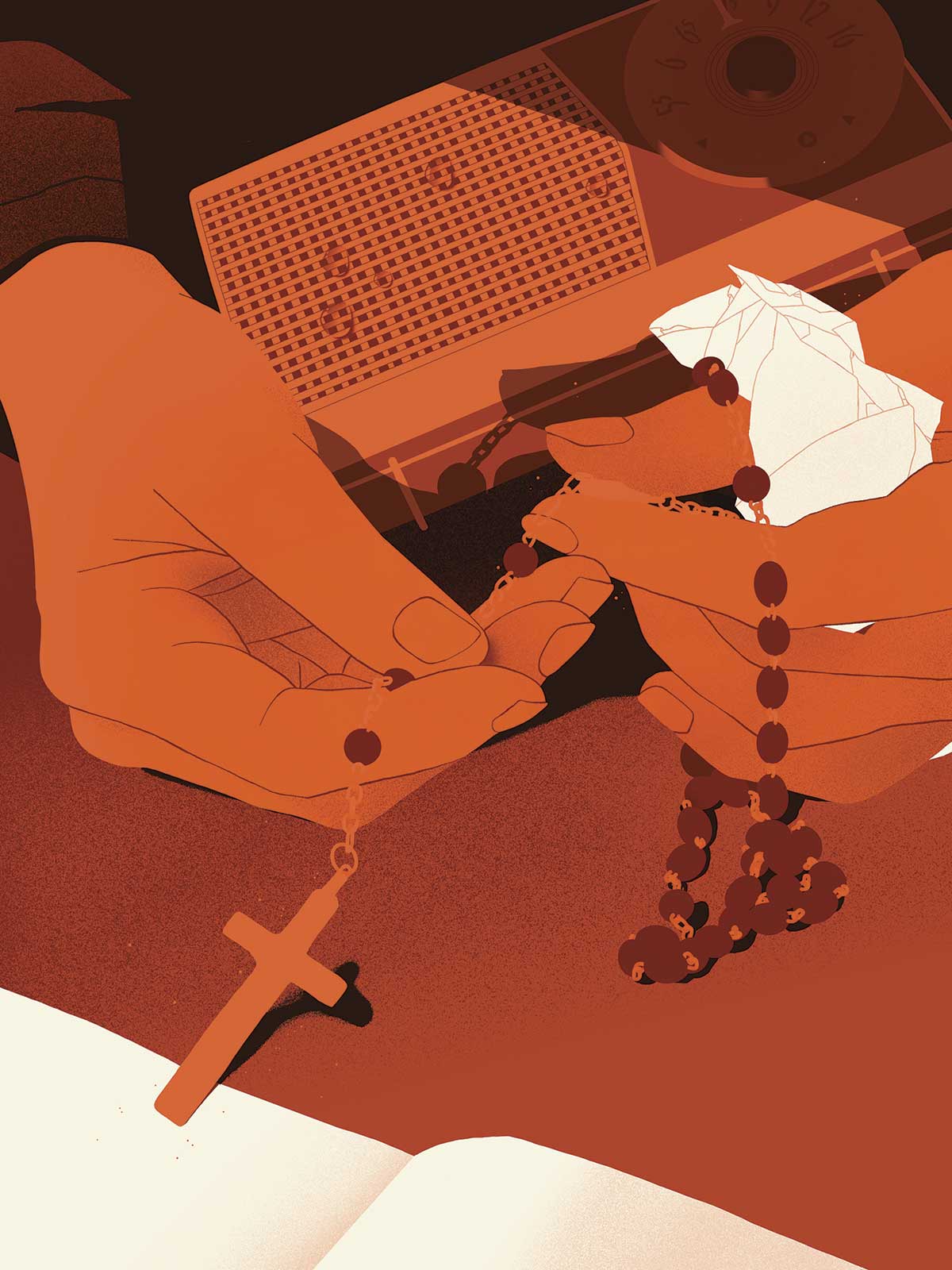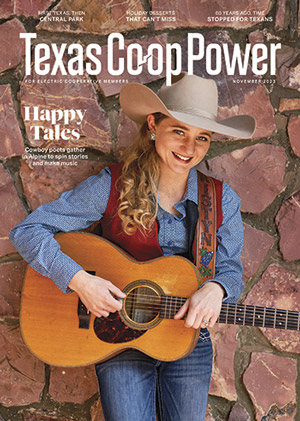On November 21, 1963, the principal of Dolores School in South Austin told the teachers that President John F. Kennedy and his beautiful wife were coming to visit Austin. We were to take the children downtown from our Catholic school in the old yellow buses, stand along the main drag and wave to them as they drove through the city in an open car.
After lunch the next day, the children lined up in order in the parking lot, first grade up to eighth grade. They stood quietly, but I could sense a wave of controlled excitement rippling through us. This was an opportunity of a lifetime—seeing our hero, our president.
All eyes were on the mother superior, our principal, while we watched for her signal to begin boarding the buses. “Mother, mother!” the school secretary called as she ran toward us. She whispered to the principal, handing her a transistor radio. Then Mother turned to us and said, “Gov. Connally has been shot. We’re going into the church to pray for him.”
Stunned, we turned around, still in orderly lines, first graders first.
We filed into the pews and knelt, hands clasped, heads bowed. Mother stood in front of us, holding the small radio close to her ear; we heard a muted voice but could not make out the words. Then she moved the radio away from her ear and said to us, her voice steady, “The president has been shot. Pray for the president.”
A universal gasp coursed through the church. The little children squirmed as they knelt. The older girls began crying, softly. The radio continued its secret words. Little candle flames trembled in their blood-red holders, poised for news.
Then we heard the worst: “The president is dead. Pray for our president, John F. Kennedy”—all of this delivered by a calm, tearless woman. Shocked, I mumbled some sort of prayer, tears running down my face.
In orderly lines, we returned to our classrooms. With fearful eyes, my second graders stared at me. They knew something bad had happened but weren’t sure what it was. A few of the girls began crying.
I swiped my face with a tissue and reassured them that I was OK. They returned to their seats. One of the boys raised his hand.
“Miss Cox.”
“Yes, Jimmy.”
“Does this mean we don’t get out of school?”
“Yes, that’s what it means.”
A hushed “aw” came in unison from out of their innocent mouths. What did they know? They were so young; they didn’t comprehend the impact of the horrible news.
Mother stopped by my classroom to tell me the children would be dismissed early.
Thank goodness. I didn’t have to continue the facade.



